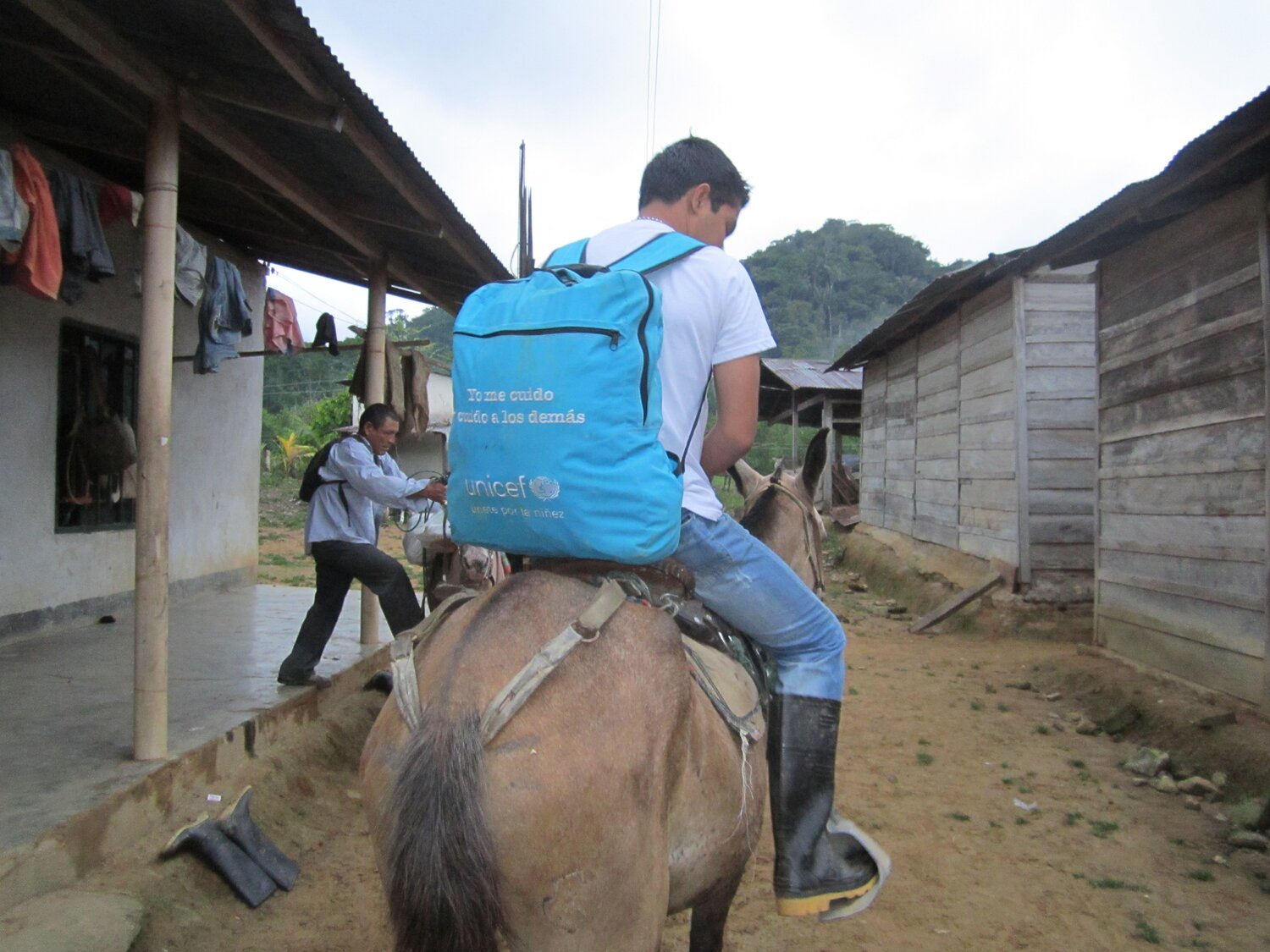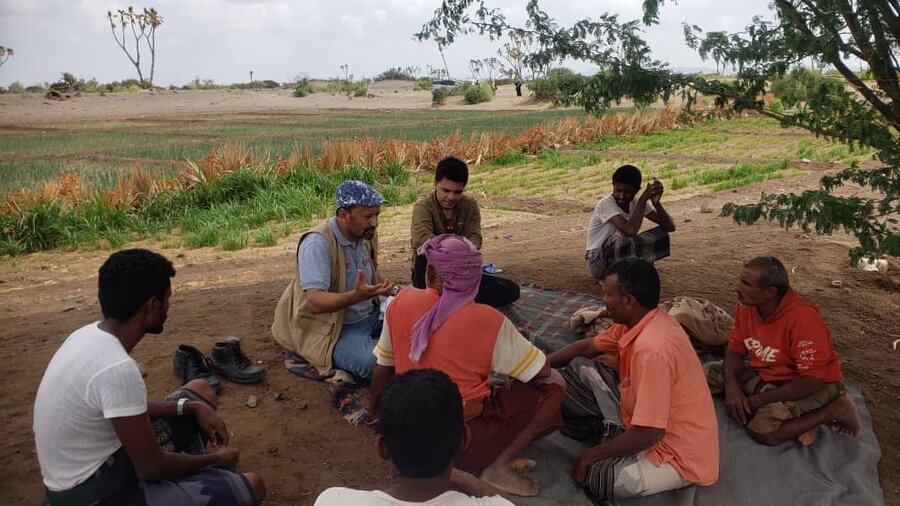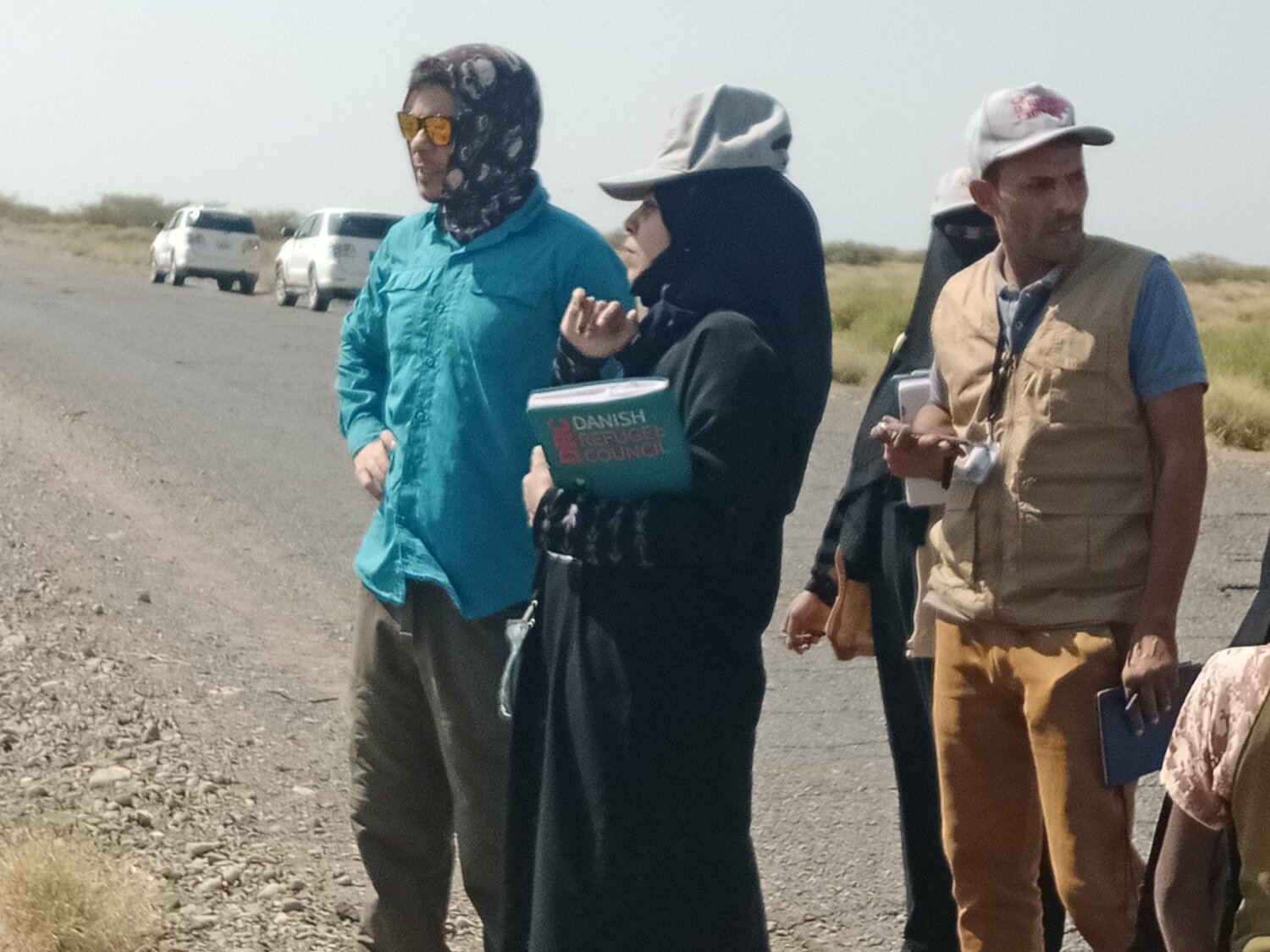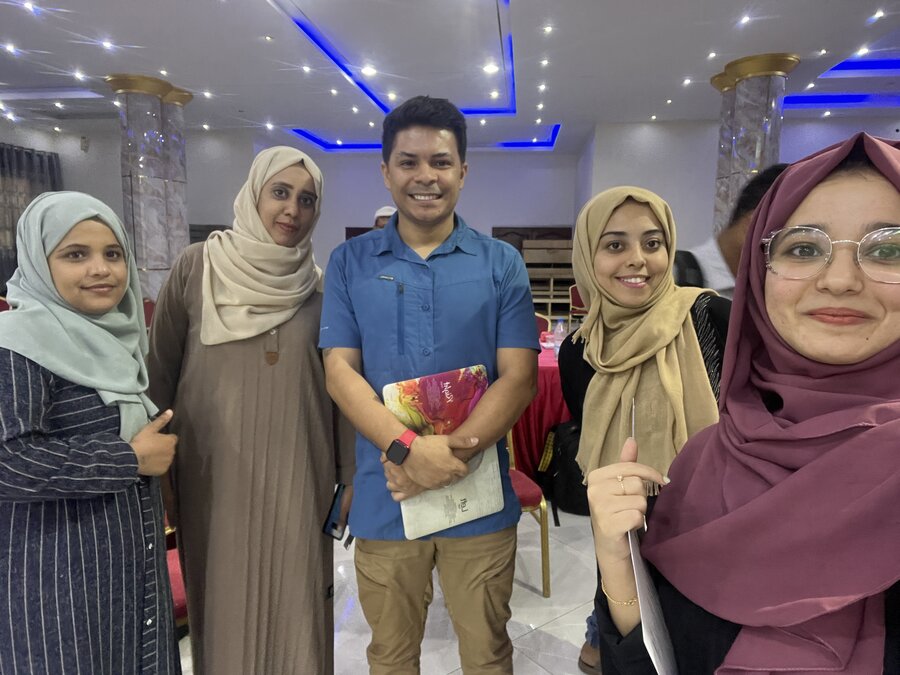Mario’s journey into Explosive Ordnance Risk Education (EORE)
Mario Quiñones’s journey into Explosive Ordnance Risk Education (EORE) began in 2009, by chance. An unexpected encounter at a peacebuilding conference in Cúcuta, Colombia, triggered not only his curiosity, it changed his life. The dangers of explosive ordnance he discovered in his home region, Norte de Santander, inspired him to take action. More than that, mine action became his mission. Since that day, Mario has dedicated his career to empowering local communities and creating innovative, sustainable solutions. His relentless commitment to localization, capacity building, and integrated approaches has helped shape the future of risk education, ensuring its long-term impact in conflict-affected areas.





